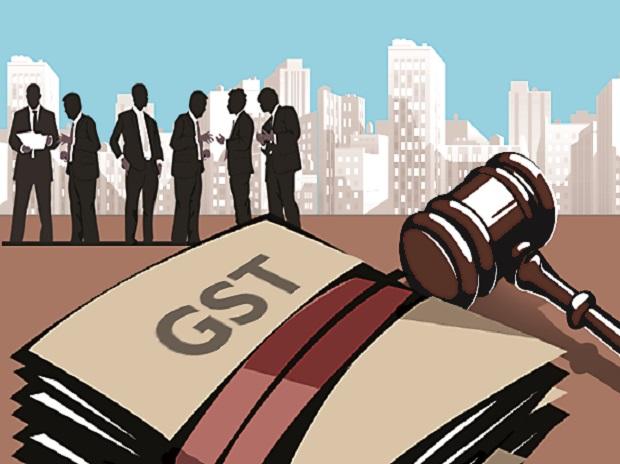Section 16(4) of the Central GST Act and the Bihar GST Act stipulate that ITC will be denied after November 30 following the end of a financial year to which the relevant invoices or debit note pertain or after furnishing the relevant annual return, whichever earlier.
Earlier, the date after which ITC would be denied was September 30, but the provision was amended in 2022.
A batch of petitions was filed in the court to challenge the provision as violative of Articles 19(1)(g) and 300A of the Constitution. Article 19(1)(g) grants individuals the right to practise any profession or carry on any occupation, trade, or business subject to reasonable restrictions, and Article 300A requires the state to follow due procedure and authority of law to deprive a person of their private property.
Submissions were made on behalf of the petitioners, arguing that the said provision of the GST law should be considered as directory and not mandatory.
However, the court stated that these submissions are not tenable in light of the clear language used in Section 16 of the Act.
The court further said that fiscal legislation with uniform application to all registered persons cannot be considered violative of Article 19(1)(g) of the Constitution.
Additionally, the court ruled that the section is constitutionally valid and not in violation of Article 300A.
The court noted that it is also a fundamental rule of statutory interpretation that, when the words are clear and there is no obscurity or ambiguity, and the legislature’s intention is clearly conveyed, there is no scope for the court to innovate, amend or alter the statutory provisions.
Commenting on the judgment, Saurabh Agarwal, a tax partner at EY, said the ruling would have a significant impact on businesses, especially those filing returns belatedly.
“It is recommended that businesses establish a robust process for claiming ITC by utilising digital assets to avoid any adverse effects on profitability,” he said.











